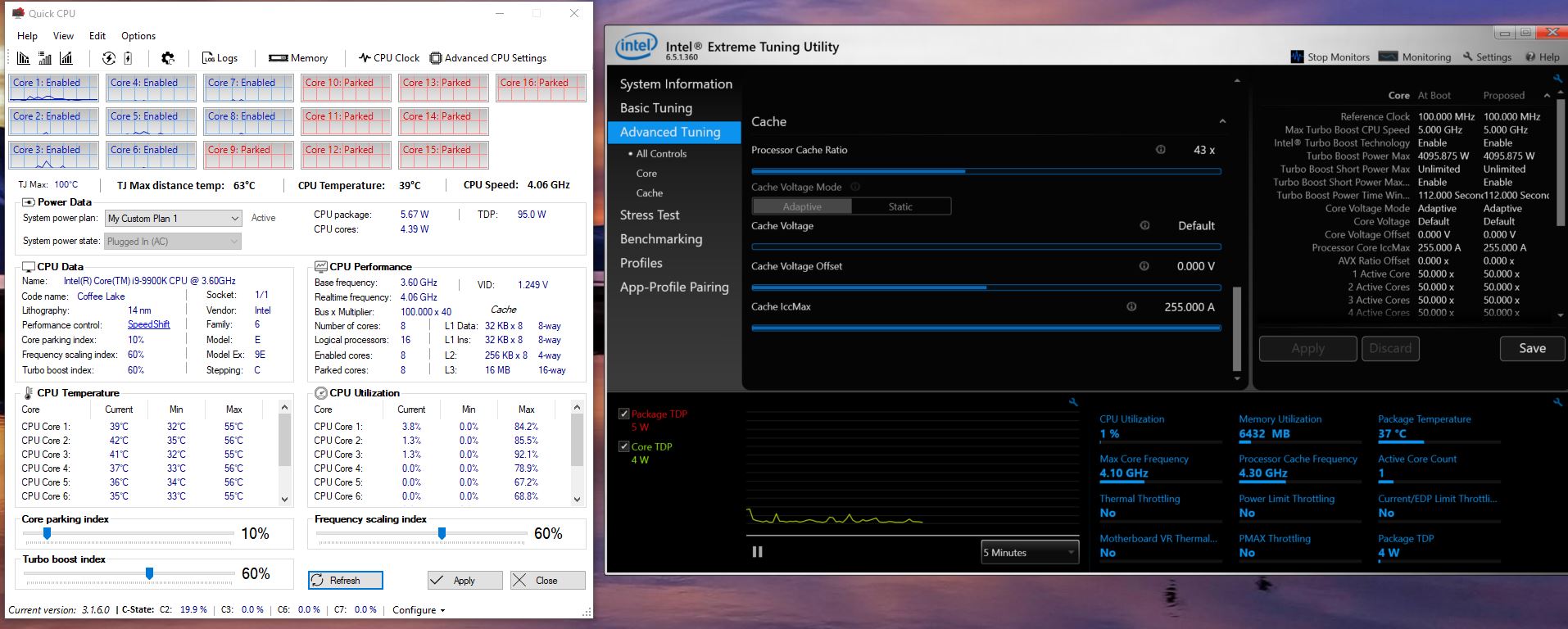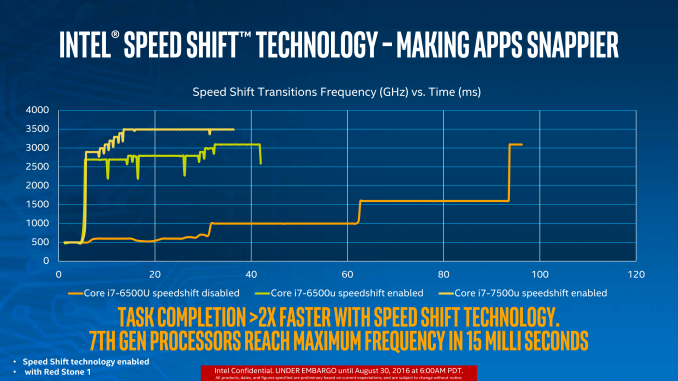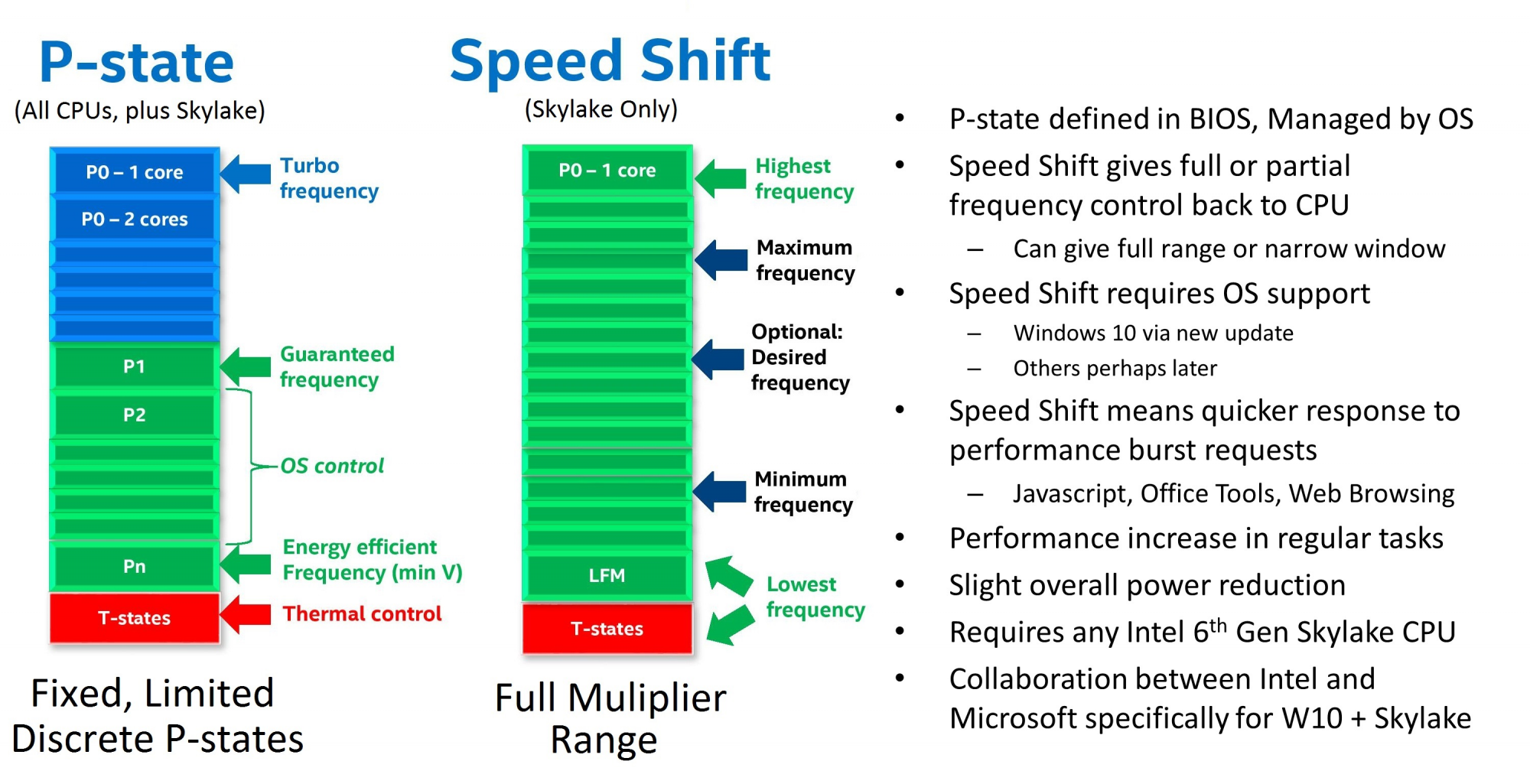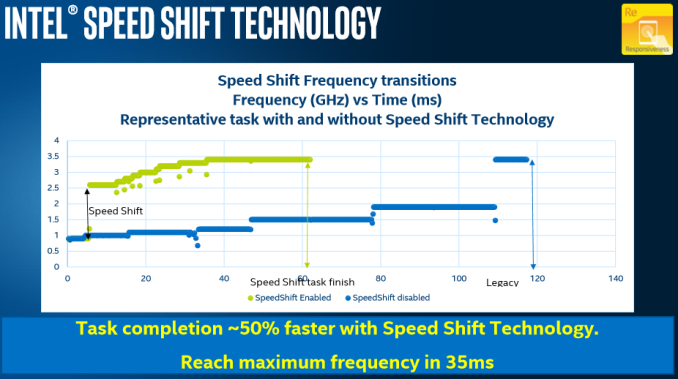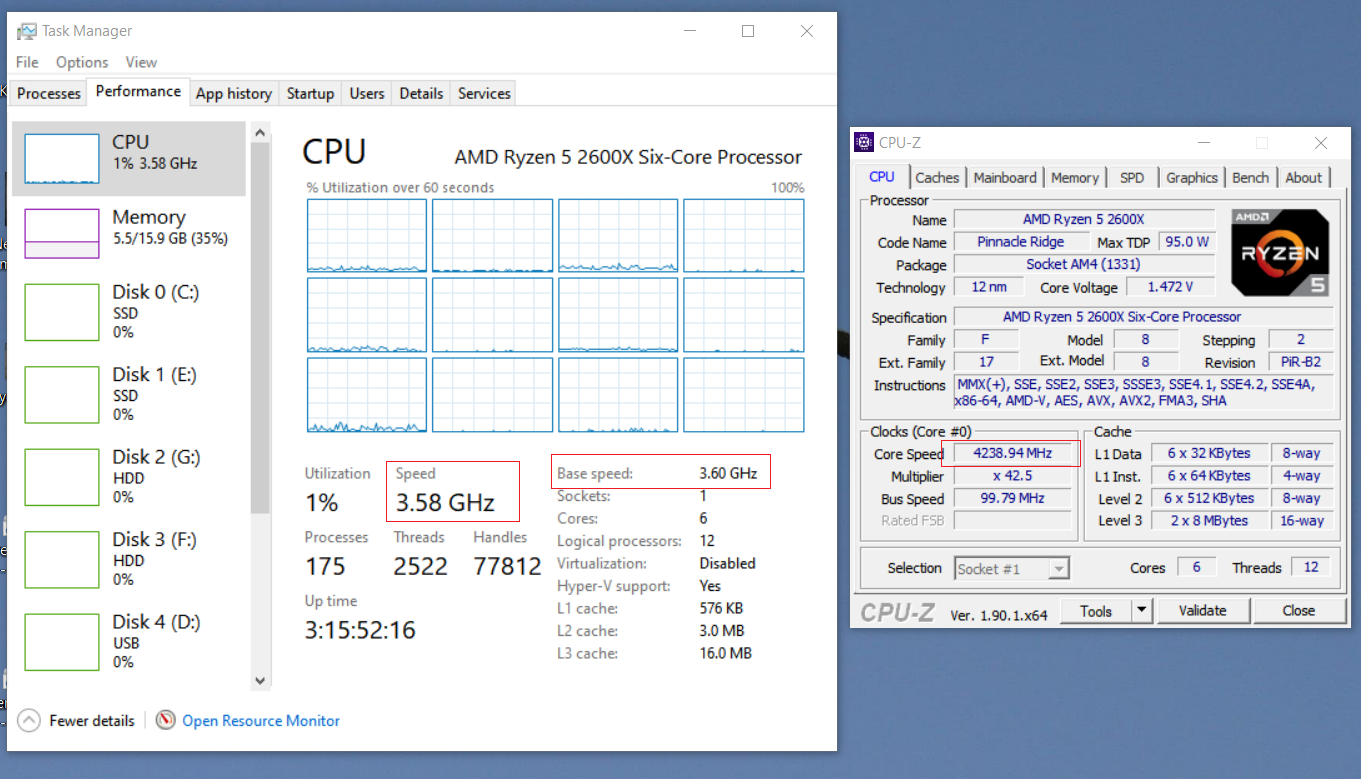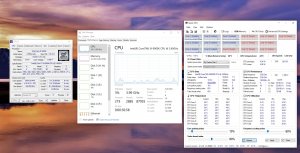Mr. Bluntman
Supreme [H]ardness
- Joined
- Jun 25, 2007
- Messages
- 7,085
Perhaps the early Northwood days, but certainly not Prescott if we are talking about single core absolutes. If we toss in multicore performance into the mix then it's very much the Prescott days again for Intel. Hot, comparably slow, and late.Were you excited about the Pentium 4? Because that's basically where Intel is at again.
![[H]ard|Forum](/styles/hardforum/xenforo/logo_dark.png)
